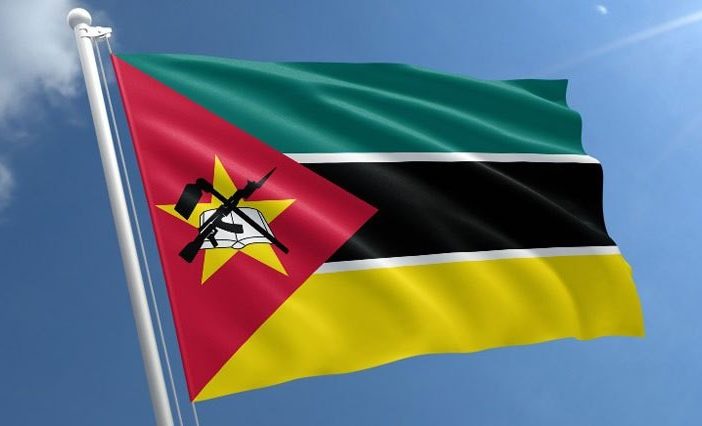- The World Bank approved has approved a US$117 million grant from the International Development Association (IDA) in support of the Government of Mozambique’s Urban Development and Decentralisation Project.
- This financing seeks to harness the benefits of urbanisation in participating municipalities across the country by improving urban infrastructure and service delivery as well as by supporting institutional reforms and capacities.
“I’m pleased we’ve reached this first milestone towards the project implementation,” noted Mark Lundell, World Bank Country Director for Mozambique. “Urbanisation, if managed correctly, can accelerate economic growth, poverty reduction, and structural change.” Indeed, evidence shows that cities can be instrumental in bringing basic infrastructure and services to a larger population and to businesses at a lower unit cost. This in turn can lead to faster poverty reduction, higher productivity, greater incentives for economic diversification and innovation.
“We believe that scaling up infrastructure and service delivery is key to harness urbanisation for poverty reduction and inclusive growth,” added Andre Herzog, Senior Urban Specialist and the Bank’s co-task team leader for the project. “To that effect, the bulk of the project’s funds will finance Municipal Performance Grants to all the 22 municipalities in Gaza, Zambezia, Sofala and Niassa Provinces.”
The project will also help any municipality of Mozambique that have feasible initiatives to leverage private sector finance in urban infrastructure and services delivery. The timing of the project is also particularly important as it will help the cities in Mozambique to respond to the Covid-19 pandemic.
“Successful urban development hinges on the capacity of the authorities to enact policies that promote good governance and accountability. Equally important is the country’s fiscal architecture that allows municipality enough fiscal space and predictability of funds needed to meet their urban development needs,” added Nicoletta Feruglio, Senior Public Sector Specialist and the project’s co-task team leader.
Through its decentralisation policy reforms and institutional development component, the project will support the overall leadership for the decentralisation reform process; and institutional strengthening of local entities in public sector and financial management. The intended impact is to strengthen the capacity of central government entities to steer the decentralisation reform and improve the institutional capacity of decentralised entities in the provision of infrastructure and basic local services.
This operation is in line with the country’s priorities outlined in its five-year plan, as well as the Bank’s partnership framework approved in 2017, which focuses on reducing the country’s poverty and increase the incomes of the bottom 40% of the population.
About IDA
The World Bank’s International Development Association (IDA), established in 1960, helps the world’s poorest countries by providing grants and low to zero-interest loans for projects and programs that boost economic growth, reduce poverty, and improve poor people’s lives. IDA is one of the largest sources of assistance for the world’s 75 poorest countries, 39 of which are in Africa. Resources from IDA bring positive change to the 1.5 billion people who live in IDA countries. Since 1960, IDA has supported development work in 113 countries. Annual commitments have averaged about $18 billion over the last three years, with about 54 percent going to Africa.
Source: The World Bank / Press Release















